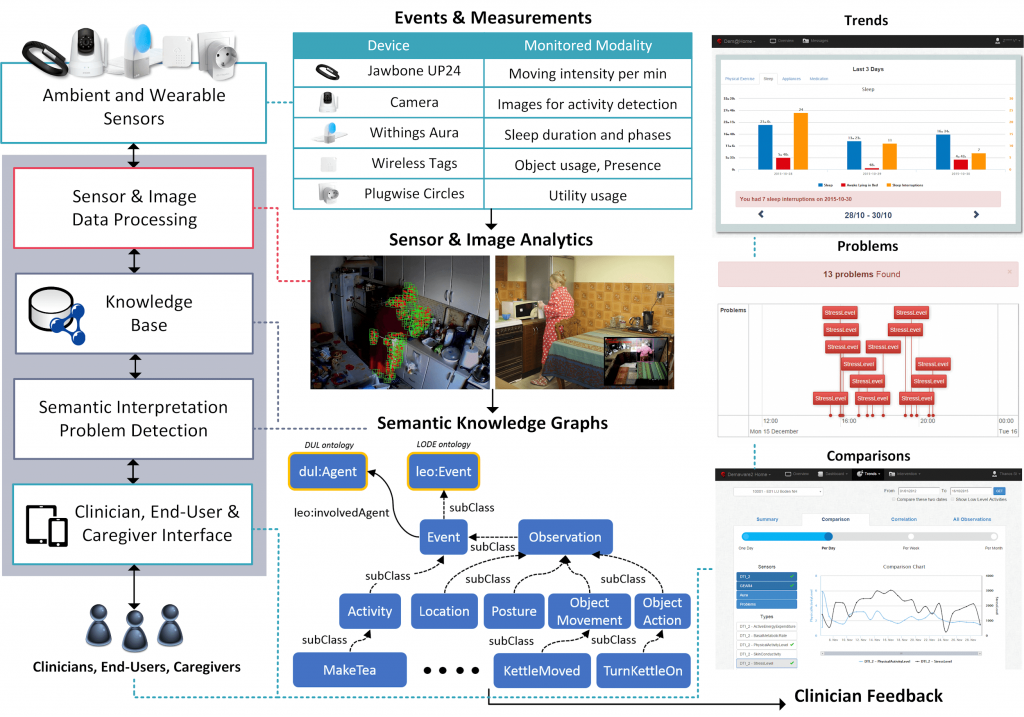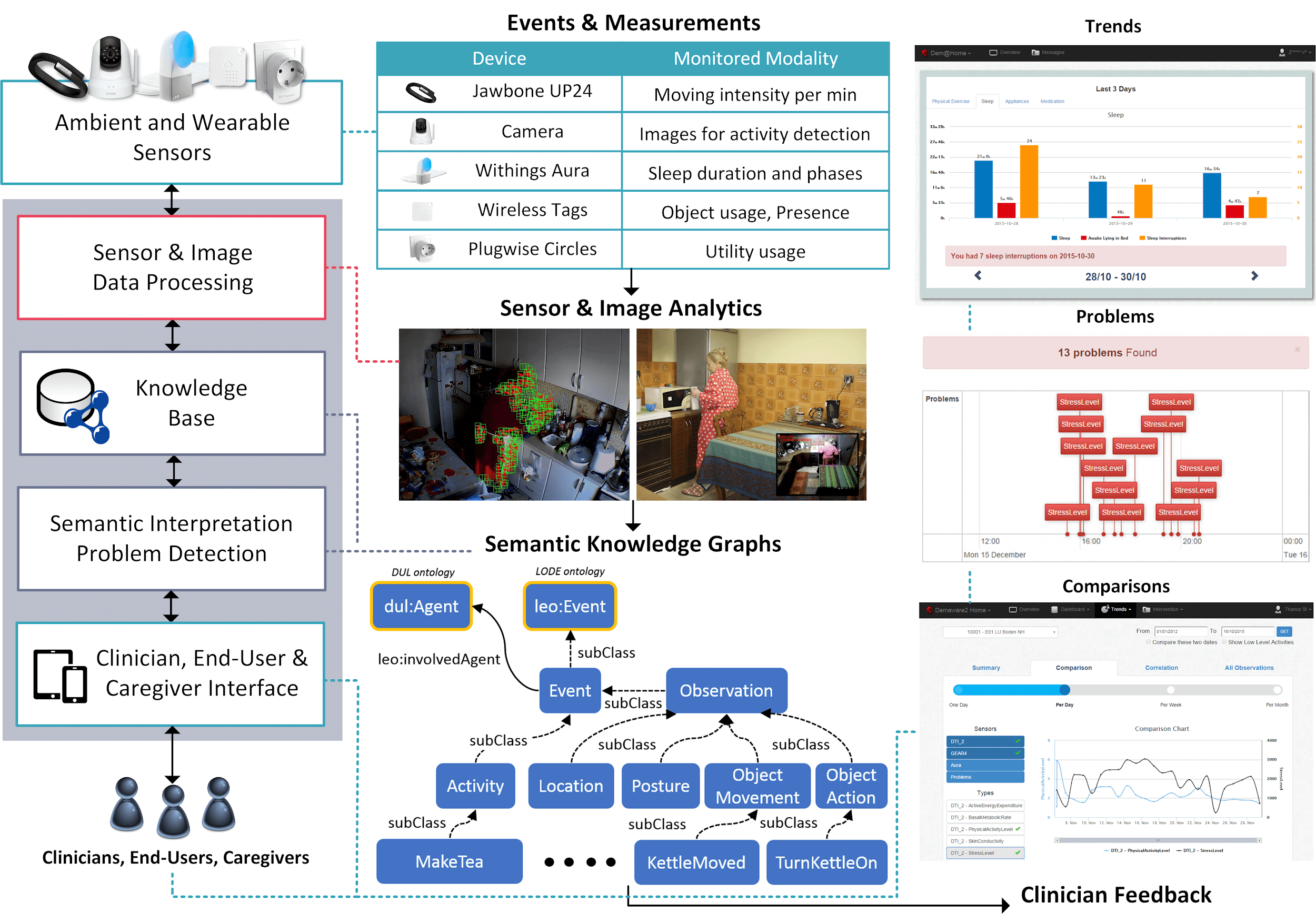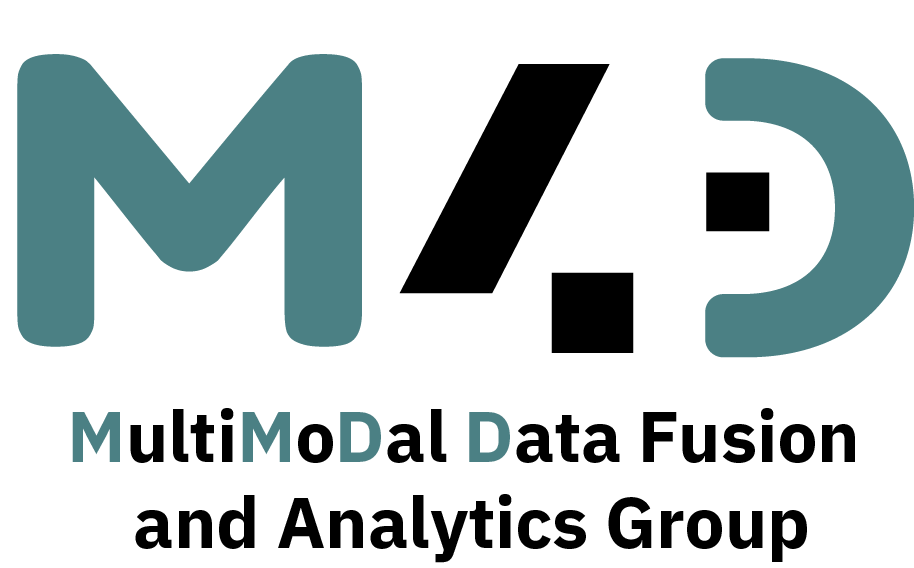
The Semantic Web technologies provide the means and tools to unanimously represent the meaning of Web entities and their relations to one another, in a machine-interpretable manner. While modeling and managing knowledge for web entities have long ago been established, Semantic Web technologies also show great potential in other domains, in both online and offline worlds.
Two such prominent applications have to do with representing and managing context, enabling two different flavours of context-aware computing. Context awareness in pervasive computing translates to situation awareness and enables intelligent reasoning and decision making in smart spaces, in real- or close to real-time. Meanwhile, context-of-use alters the very meaning of persistent entities, such as those met in digital preservation and cultural heritage, which stimulates further research questions in topics such as ontology evolution and concept drift.
In our group, Semantic Web technologies are employed to deliver solutions for a multitude of challenges, relevant not only to the heterogeneity of communication protocols and interfaces, but also to the diverse context-aware information exchange, representation and processing capabilities. Our solutions address a variety of such challenges and application domains using semantic knowledge representation, management and reasoning:
- Semantic interoperability
- Context-aware modelling
- Hybrid reasoning schemes and intelligent decision making
- Real-time analytics, fusion of data sources leveraging Big Data, sensor integration and reference platform
- Activity Recognition under uncertainty, noise and incomplete data
- Semantic Complex Event Processing
- Applications in eHealth, AAL and clinical applications



